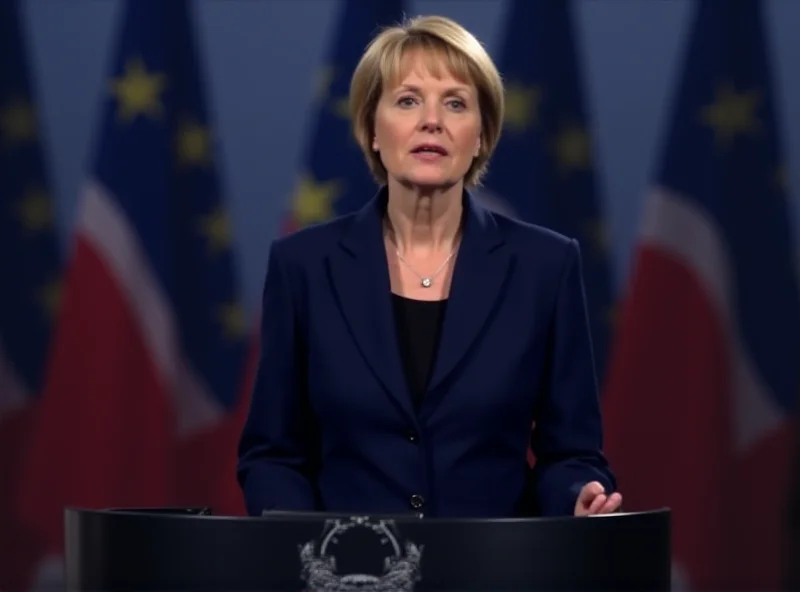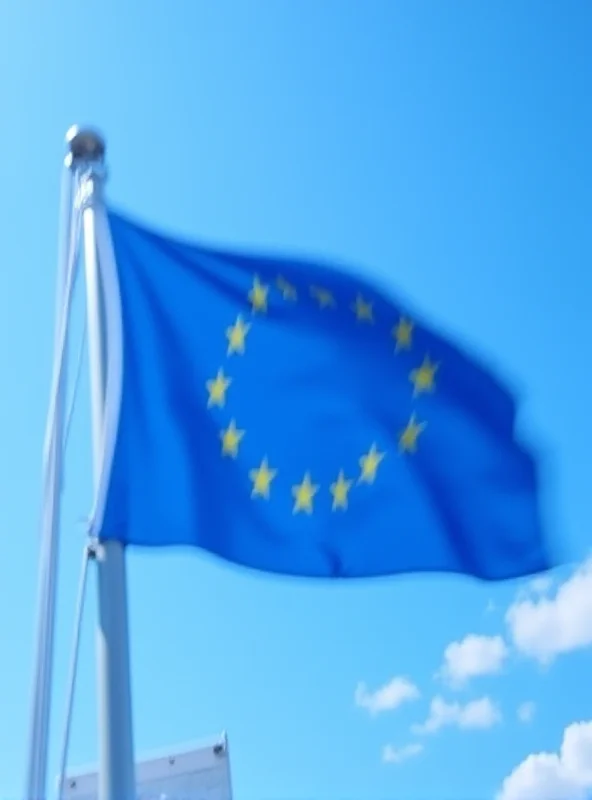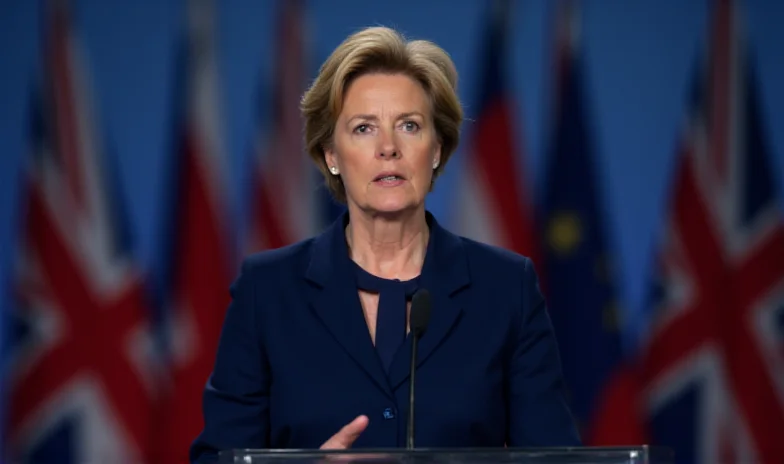Europe is grappling with diverging views on defense spending as the continent navigates an increasingly complex geopolitical landscape. Simultaneously, in Italy, a contentious debate is unfolding over the renewal of the public sector collective bargaining agreement, highlighting the challenges of balancing fiscal responsibility with the demands of labor unions. These two narratives, playing out on the European and national stages, underscore the pressing issues facing policymakers today.
Von der Leyen's Call for Rearmament
European Commission President Ursula von der Leyen has recently emphasized the need for increased defense spending, stating that the EU is entering an "era of rearmament." Her call comes amid growing concerns about security and the need for a stronger European defense posture. "We are in the era of rearmament. EU ready to increase defense spending also for our security," she stated in Brussels.

However, von der Leyen's stance has faced criticism. Elly Schlein, a prominent political figure, has argued that the European Union should prioritize a common defense strategy rather than individual national rearmament efforts. Schlein commented on von der Leyen's 800 billion euro plan, stating, "The European Union needs common defense, not national rearmament." This divergence in opinion highlights the ongoing debate within the EU regarding the most effective approach to ensuring its security.
Italian Wage Dispute Heats Up
Meanwhile, in Italy, tensions are rising over the renewal of the public sector collective bargaining agreement. Minister for Public Administration, Zangrillo, has voiced strong opposition to the demands from unions CGIL and UIL for wage increases that match inflation. Zangrillo argues that meeting these demands would require an unsustainable allocation of 32 billion euros for the 2022-2024 period.
The Minister stated: "To meet the demands of CGIL and UIL the government would need to allocate 32 billion euros just for the 2022-2024 renewal, which is equivalent to a robust financial plan. It seems evident to me that this cannot be done."

The Democratic Party (PD) has also weighed in on the issue, criticizing the union's demands as "unbelievable" and calling for fiscal tightening. This disagreement underscores the challenging balancing act between addressing the needs of public sector workers and maintaining fiscal responsibility.
The situation remains tense, with both sides digging in their heels. The outcome of these negotiations will have significant implications for the Italian economy and the livelihoods of public sector employees.
Global Implications
These two seemingly disparate issues—EU defense spending and Italian wage disputes—are interconnected. Both reflect the broader challenges facing governments today: balancing security concerns with economic realities and addressing the needs of their citizens while maintaining fiscal stability. How these challenges are navigated will shape the future of Europe and its member states.

As Europe faces an uncertain future, the decisions made in Brussels and Rome will have far-reaching consequences. The world will be watching closely to see how these challenges are addressed.
